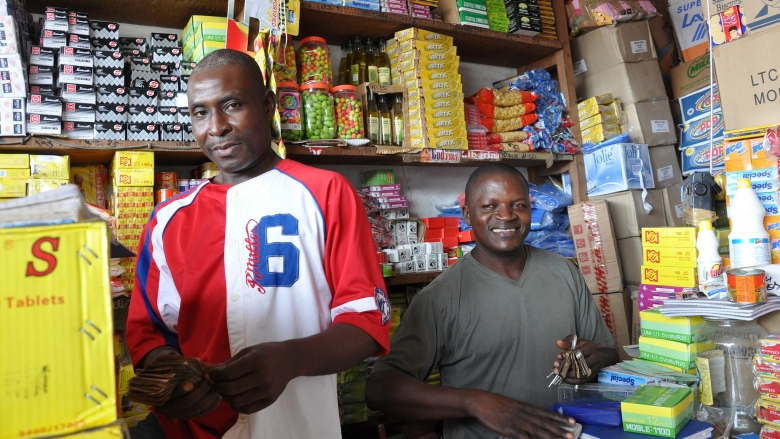With support from the World Bank Group, 17 African countries, members of the Organization for the Harmonization of Business Law in Africa (OHADA), adopted a Uniform Insolvency Act last week in Côte d'Ivoire.
This new law replaces the previous 1998 law which was widely believed to be lacking key features of a modern insolvency regime, particularly as regards reorganization proceedings and the treatment of creditors.
The World Bank and the International Finance Corporation worked with OHADA to provide technical assistance with respect to the Act. World Bank and IFC teams have worked closely with OHADA governments since 2011 to provide in-depth analysis on country experiences from around the world in insolvency and debt enforcement. The assistance also involved working closely with the OHADA legislative drafting team to assist them in their deliberations on key technical issues.
The new law will apply to all 17 OHADA member states and complements the previously adopted revised Uniform Act on Secured Transactions to provide a more modern credit infrastructure in OHADA.
These two laws will form the backbone of the legal framework for access to credit for businesses in OHADA and can be expected to play a crucial role in mitigating investor and creditor risk, reducing the instability that could be caused by high levels of non-performing loans. This, in turn, lowers the cost of credit.
The possibility of using reputational, traditional and non-traditional collateral helps individuals and MSMEs gain access to finance as well as more favorable and competitive financing options.
At the same time, the predictability of a sound insolvency system provides lenders with a higher degree of confidence that when a business is unable to pay its debts, appropriate procedures will be followed to maximize the value of the business.
Key features of the new OHADA legislation include:
- A conciliation procedure to encourage saving viable companies
- Simplified regulations for small enterprises
- A new cross-border insolvency regime based on the UNCITRAL Model Law
- Clarified order of priority of creditors
- Incentives for creditors who provide fresh money to troubled companies to facilitate their restructuring and recovery
- A common legal framework to oversee the activities of insolvency practitioners as well as trustees.
The simplified regulations for small businesses are particularly noteworthy as they were developed in recognition of the fact that the most businesses in OHADA are SMEs. Procedures for SMEs would need to be streamlined and related costs reduced for this new credit infrastructure environment to benefit all levels of the market.
The adoption of the UNCITRAL Model Law on cross-border insolvency by so many states that are highly linked through trade relationships promises a more efficient and streamlined process for dealing with business failures that cross borders within OHADA and beyond.
The new law leaves implementing regulations to be resolved at the local level by each national government. These will be crucial to ensuring that all of the benefits of the new legal framework can be maximized.
The World Bank Group offers structured, holistic and multifaceted credit infrastructure services (secured transactions, insolvency and credit reporting) to client countries around the world. The Bank’s Credit Infrastructure services includes advice on credit reporting; secured transactions & collateral registries; and insolvency, creditor rights & debt resolution.
For more information, please contact Mahesh Uttamchandani, World Bank Group Global Lead for Credit Infrastructure at muttamchandani@worldbank.org.

